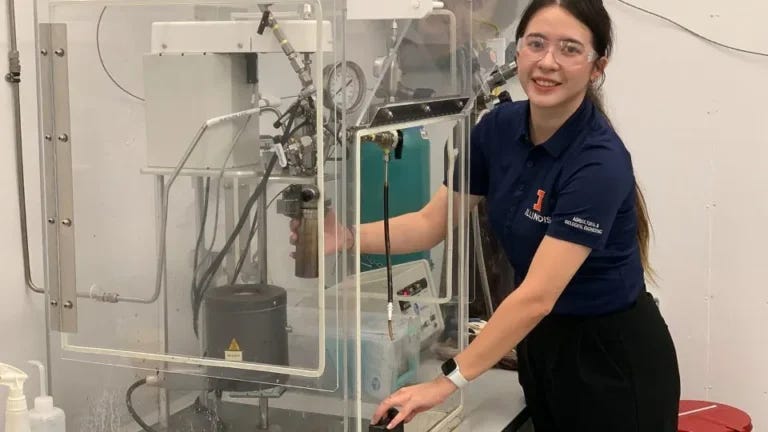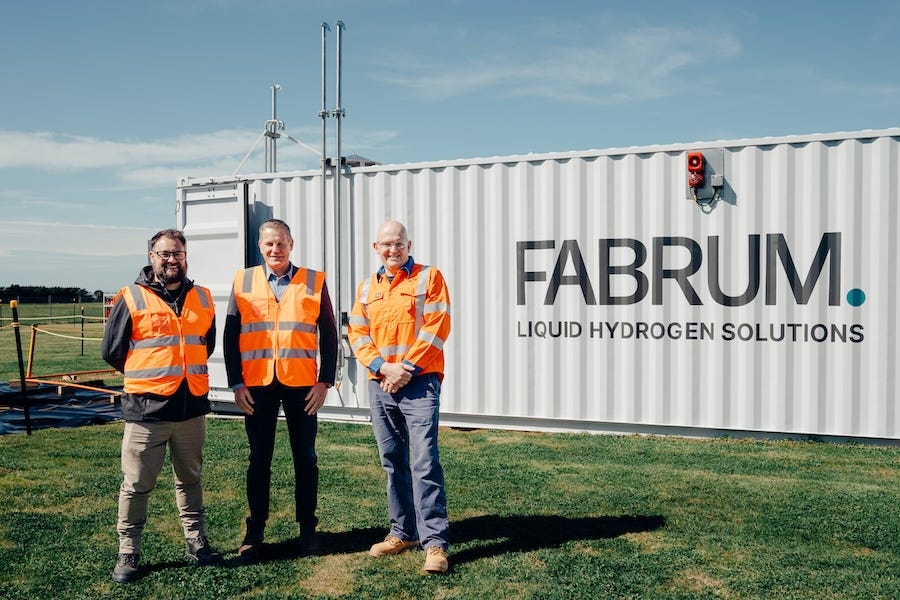#Sustainability20: Singapore sets up world’s first non-profit to centralise purchase of SAF & more
Weekly roundup - 31/10/25
Each Friday, we publish a round-up of the 20 most important stories on sustainable aviation. You can see previous editions of #Sustainability20 here.
Industry Updates
Singapore’s aviation authority has established a non-profit company to centralise the purchase of sustainable aviation fuel for airlines using its airports.
The UK government will introduce a supplier levy to fund a revenue certainty mechanism for sustainable aviation fuel producers, complementing its new mandate.
MPs have warned that government-backed airport expansion plans could jeopardise the UK’s net zero targets without new safeguards to manage emissions.
A report from Carbon Tracker suggests that sustainable aviation fuel will not provide a near-term solution for decarbonising commercial aviation.
Washington State is developing a programme to assess the environmental impacts of sustainable aviation fuel production and distribution.
CLIMATE WATCH: Bill Gates says climate crisis won’t cause ‘humanity’s demise’ in call to shift focus to ‘improving lives’ - The Guardian
Bill Gates has argued that the world should pivot from focusing on emissions targets to preventing disease and poverty, despite UN climate warnings.
Infrastructure and operational efficiencies
Dublin Airport has secured a €288 million loan for sustainability upgrades, including EV charging and improved water management systems.
Sustainable Aviation Fuel (SAF)
Thailand will introduce its first sustainable aviation fuel standard this month, starting with a 1% blend and rising to 8% by 2036.
Honeywell has unveiled a new process to convert agricultural and forestry waste into renewable fuels, including sustainable aviation fuel.
Phillips 66 has doubled its sustainable aviation fuel production and anticipates further increases during the final quarter of the year.
Researchers have developed a process to convert food waste into sustainable aviation fuel that meets industry standards.
A US bill has been introduced to reinstate a tax credit premium for sustainable aviation fuel that was recently eliminated.
Montana Renewables, in collaboration with Calumet Montana Refining, has commissioned new facilities to blend and ship MaxSAF™ Blended, a 50/50 blend of renewable and fossil jet fuel.
New technology: Electric and Hydrogen
Fabrum, AMSL Aero and Stralis Aircraft have successfully filled aviation tanks with liquid hydrogen produced and stored on-site for the first time at Christchurch Airport.
Canadian company Horizon Aircraft has received a grant to develop an all-weather propulsion system for its hybrid electric vertical take-off and landing aircraft.
Australian firm Hypersonix has secured funding to advance its hydrogen-powered scramjet engine and a hypersonic demonstrator vehicle.
German company H2Fly is preparing for new flight demonstrations with its hydrogen-electric propulsion technology in 2026 or 2027.
Beta Technologies’ ALIA became the first electric passenger plane to land at Seattle’s Boeing Field, extending the region’s legacy of aviation “firsts”.
US safety officials are investigating the crash of an uncrewed electric vertical take-off and landing prototype in Florida.
Joby Aviation is partnering with Nvidia to enhance its autonomous flight technology using a new computing platform.
Advent Technologies is accelerating aviation electrification through its high-temperature fuel cells, which are being used by several aerospace firms.






